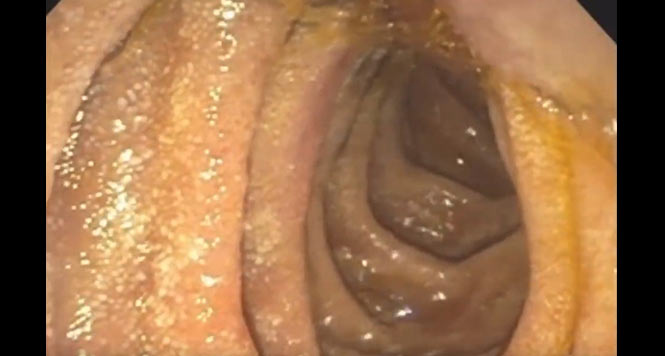Consensus Guidelines Recommend Monitored Anesthesia Care for Most ERCPs
Rajesh N. Keswani, MD, MS, reviewing Azimaraghi O, et al. Br J Anaesth 2023 Apr 14.
Adequate patient sedation is essential for the successful completion of ERCP; however, delivery methods of anesthesia vary between providers, with most endoscopists favoring deep sedation without endotracheal intubation (monitored anesthesia care) and some anesthesiologists favoring general anesthesia. Although a substantial amount of literature exists on the safety and efficacy of these two anesthesia approaches, guidelines written together by gastroenterology and anesthesia physicians have not been previously published.
In this paper, Azimaraghi et al convened a panel of 12 anesthesiology and ERCP experts to provide ERCP anesthesia recommendations using a modified Delphi approach. The authors ultimately concluded that “monitored anesthesia care is the favoured anesthesia plan for ERCP.” However, the authors also developed some best practice recommendations and consensus statements based on their expert assessment of the available literature:
- “Monitored anaesthesia care increases the risk of intraoperative apnoea more than general anaesthesia, but this expected condition can be successfully treated by the anaesthetist. Avoiding tracheal intubation during ERCP has beneficial effects, particularly in patients with severe COPD or asthma.” (Best practice recommendation)
- “The expert panel concluded that monitored anaesthesia care is preferred to general anaesthesia for ERCP in patients with recent diagnosis of myocardial infarction or severe heart failure.” (Best practice recommendation)
- “Short ERCP procedures of low complexity should preferably be conducted under monitored anaesthesia care compared with general anaesthesia.” (Consensus statement)
- “General anaesthesia is preferred in procedures that carry an increased complication risk (aspiration and massive bleeding), endoscopic ultrasound-guided trans-luminal access/drainage, ERCP with concurrent gastric outlet obstruction, prolonged cases with high procedural complexity, and massive post-sphincterotomy bleeding.” (Best practice recommendation)

COMMENTThe authors are to be commended for taking on the difficult task of reviewing this literature and providing clear recommendations that can impact practice. Although many institutions already follow similar guidance, these guidelines will be helpful, particularly at sites where anesthesiologists insist that all patients undergoing ERCPs receive general anesthesia.
Note to readers: At the time we reviewed this paper, its publisher noted that it was not in final form and that subsequent changes might be made.
CITATION(S)
Azimaraghi O, Bilal M, Amornyotin S, et al. Consensus guidelines for the perioperative management of patients undergoing endoscopic retrograde cholangiopancreatography. Br J Anaesth 2023 Apr 14. (Epub ahead of print) (https://doi.org/10.1016/j.bja.2023.03.012)


